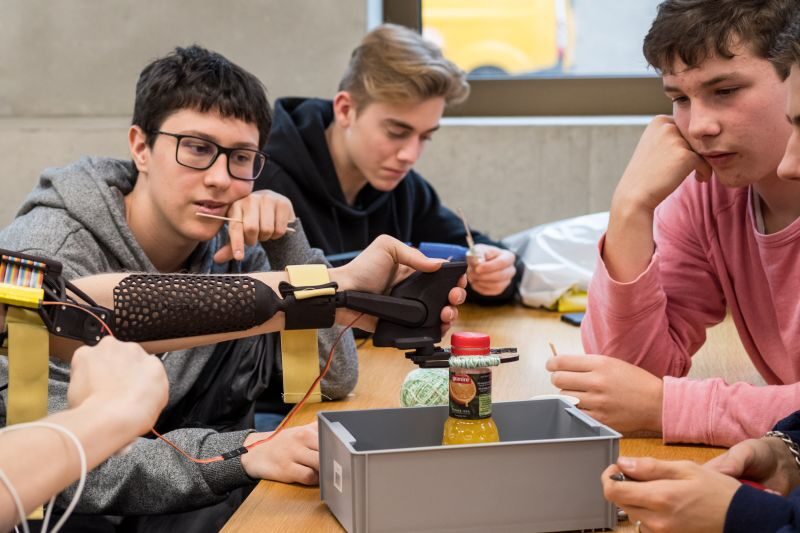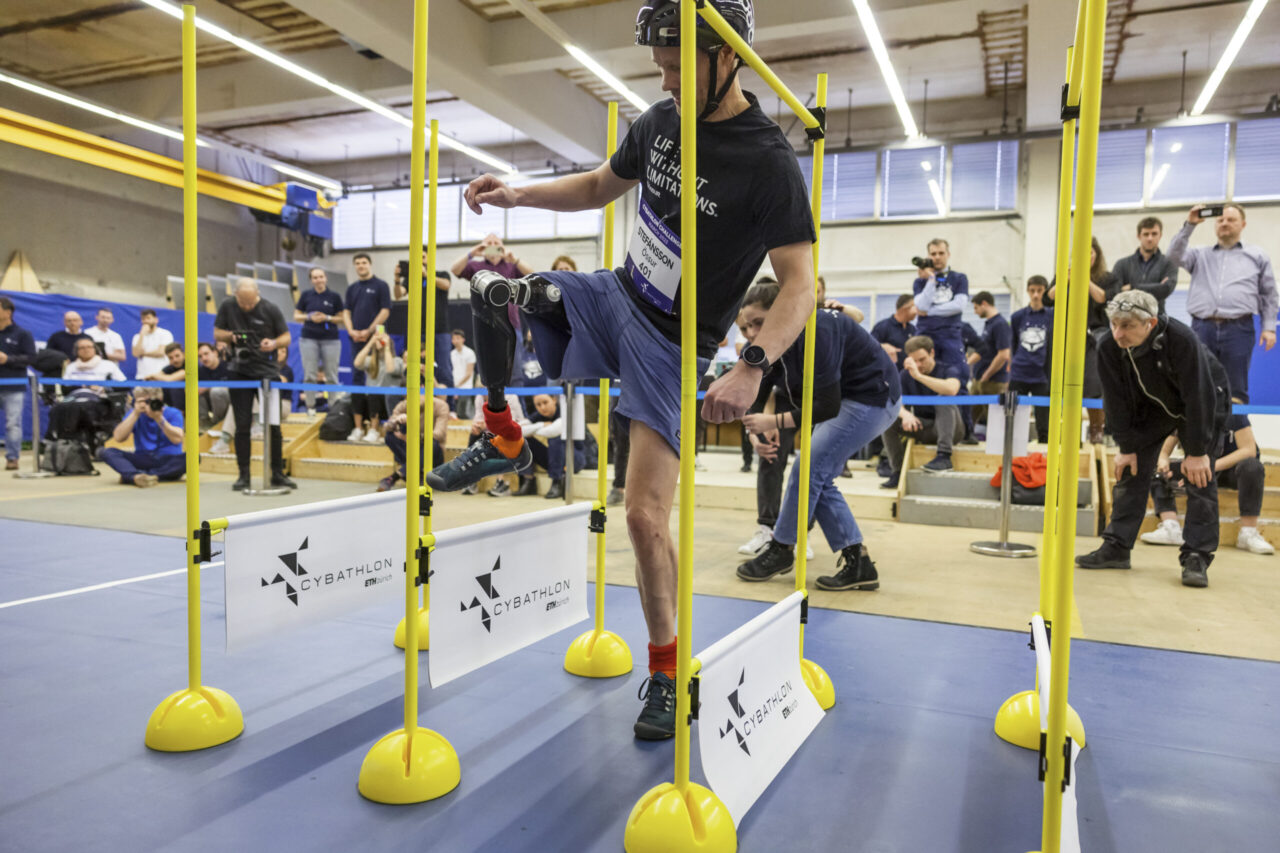Around the world, efforts are being made to close the gender gap in science and encourage more women into the field. Here are eight women at ETH who are already changing the world.
Eight Women in science who are changing the world
by Shane Richmond, 17 January 2020
Professor Simone Schürle-Finke
Professor Simone Schürle-Finke is researching in the field of biomedical engineering and is Assistant Professor for Responsive Biomedical Systems at ETH Zurich. An expert in nanoengineering, her current project is looking at ways to incorporate nanorobotics into diagnosing and treating diseases, like cancer. She is also serving as Global Future Council for the World Economic Forum and is co-founder of MagnebotiX, a young spin-off from ETHZ that develops magnetic manipulation systems, including magnetic field generators.
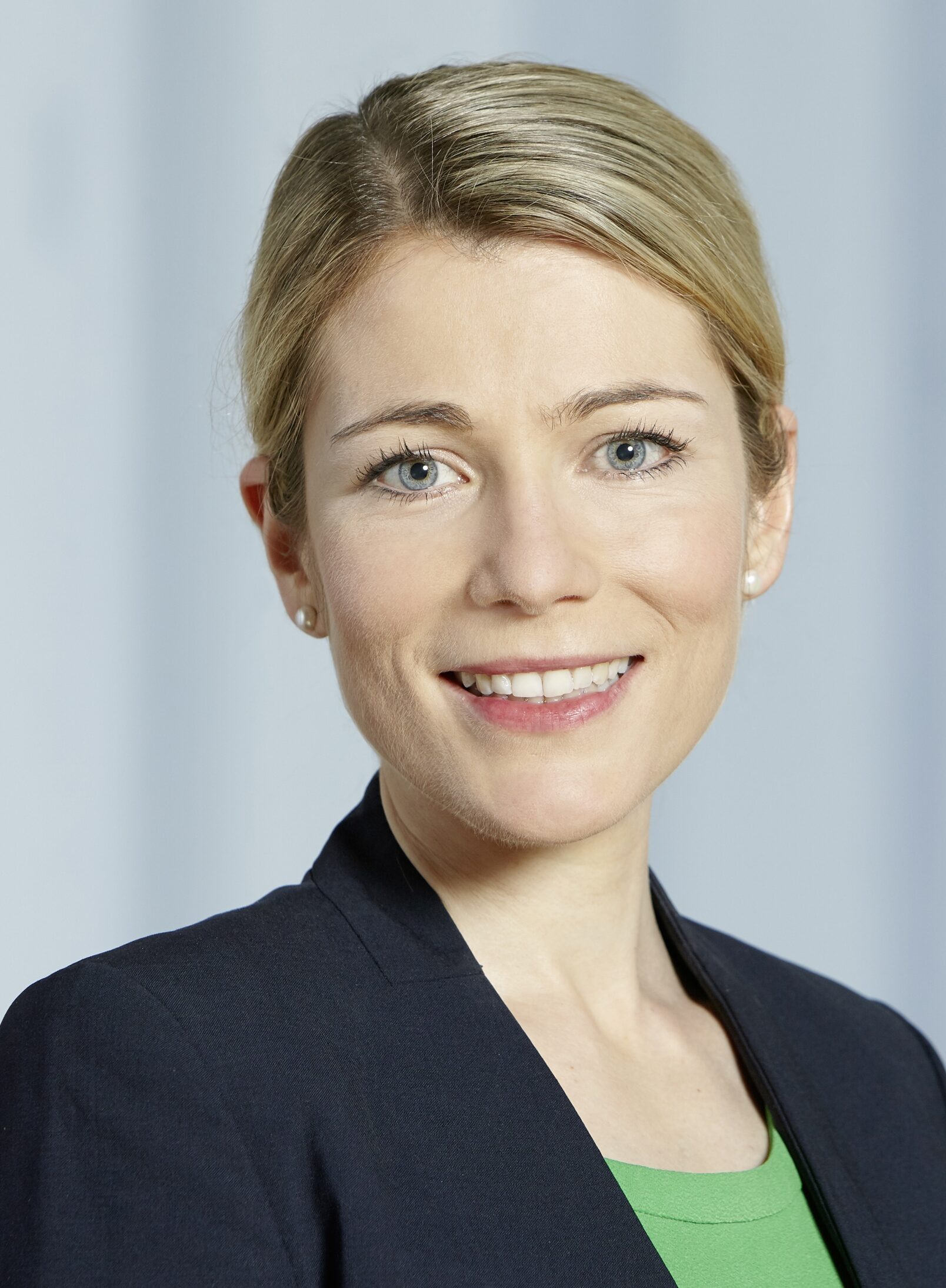
Professor Simone Schürle-Finke, Assistant Professor for Responsive Biomedical Systems at ETH Zürich. Photo by ETH Zürich / Giulia Marthaler
Professor Kristina Shea
Professor Shea is Head of the Institute of Design, Materials and Fabrication at ETH Zürich. Since earning her doctorate at Carnegie Mellon University in the US in 1997, she has worked in the UK, Germany and Switzerland and developed an expertise in computational design. Her work today is focused on using computational models and tools to design more innovative and complex engineered systems and products. This means, for example, 3D-printing structures that were previously too difficult or too expensive to manufacture in another way, such as bespoke spinal disc implants with up to 100,000 customisable elements.
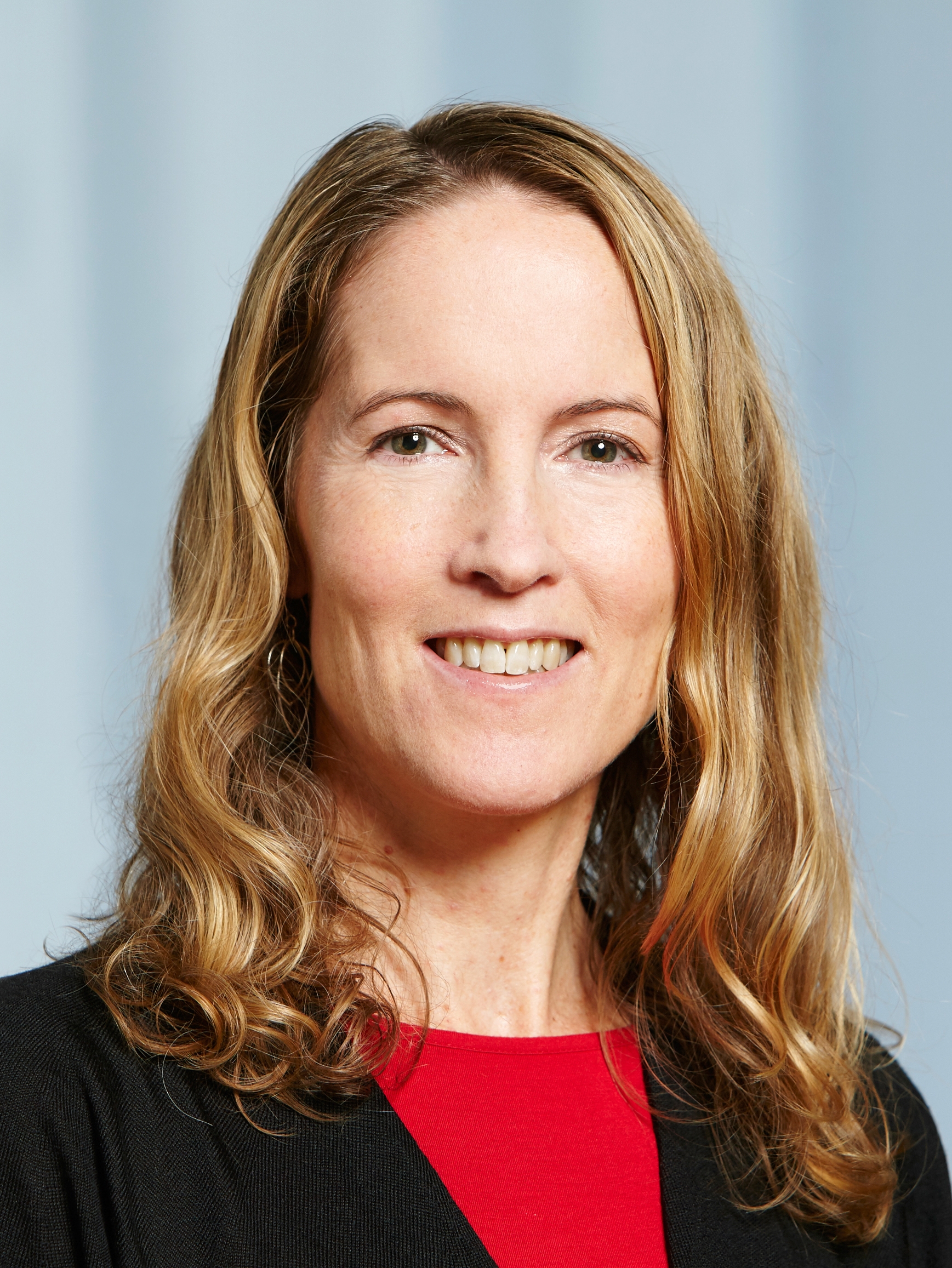
Professor Kristina Shea, Head of the Institute of Design, Materials and Fabrication at ETH Zürich. Photo by ETH Zürich / Giulia Marthaler
Professor Vanessa Wood
Professor Wood, who has been at ETH Zürich since 2011, now holds the chair in the Materials and Device Engineering Group and is head of the Department of Information Technology and Electrical Engineering. She earned her PhD in Electrical Engineering at the Massachusetts Institute of Technology in 2009 and subsequently worked on quantum dot LED technology. She now focuses on battery technology - a vital topic in a world where mobile devices, electric vehicles and renewable energy storage all depend on batteries - specifically looking at ways to make batteries more efficient, such as with nanoparticle engineering.
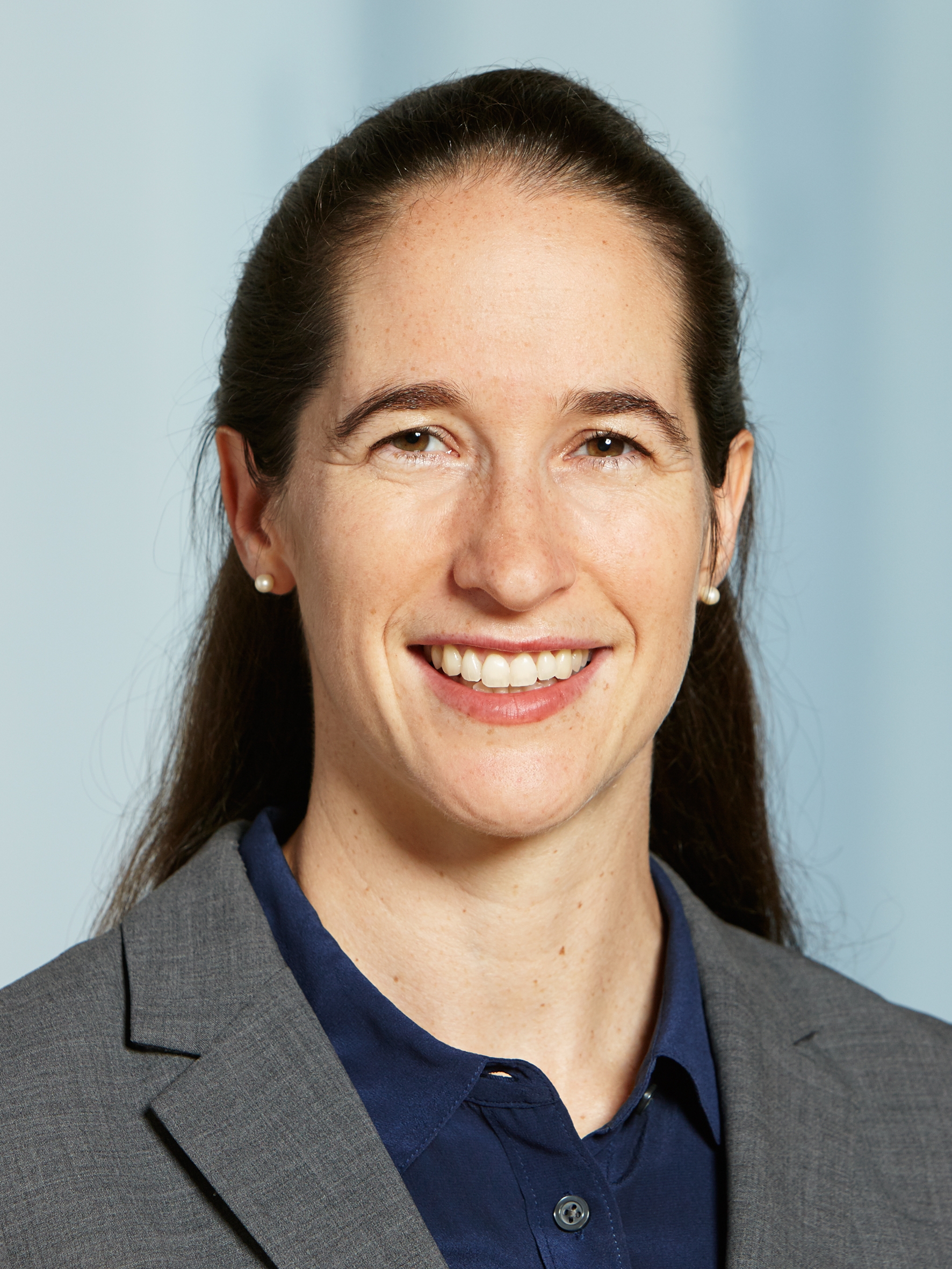
Professor Vanessa Wood, Head of the Department of Information Technology and Electrical Engineering at ETH Zürich. Photo by ETH Zürich / Giulia Marthaler
Professor Nicola Spaldin
Professor Spaldin has earned numerous honours in a career of more than 20 years, including the L'Oreal - UNESCO Award For Women in Science in 2017, and fellowships of the Royal Society and European Academy of Sciences. A materials theorist with a PhD in chemistry from the University of California, Berkeley (1996), Professor Spaldin is now head of BSc and MSc Materials Science in the Department of Materials. Her work has laid theoretical foundations for the understanding and development of multiferroic materials, which are unique in that they are simultaneously magnetic and electric.
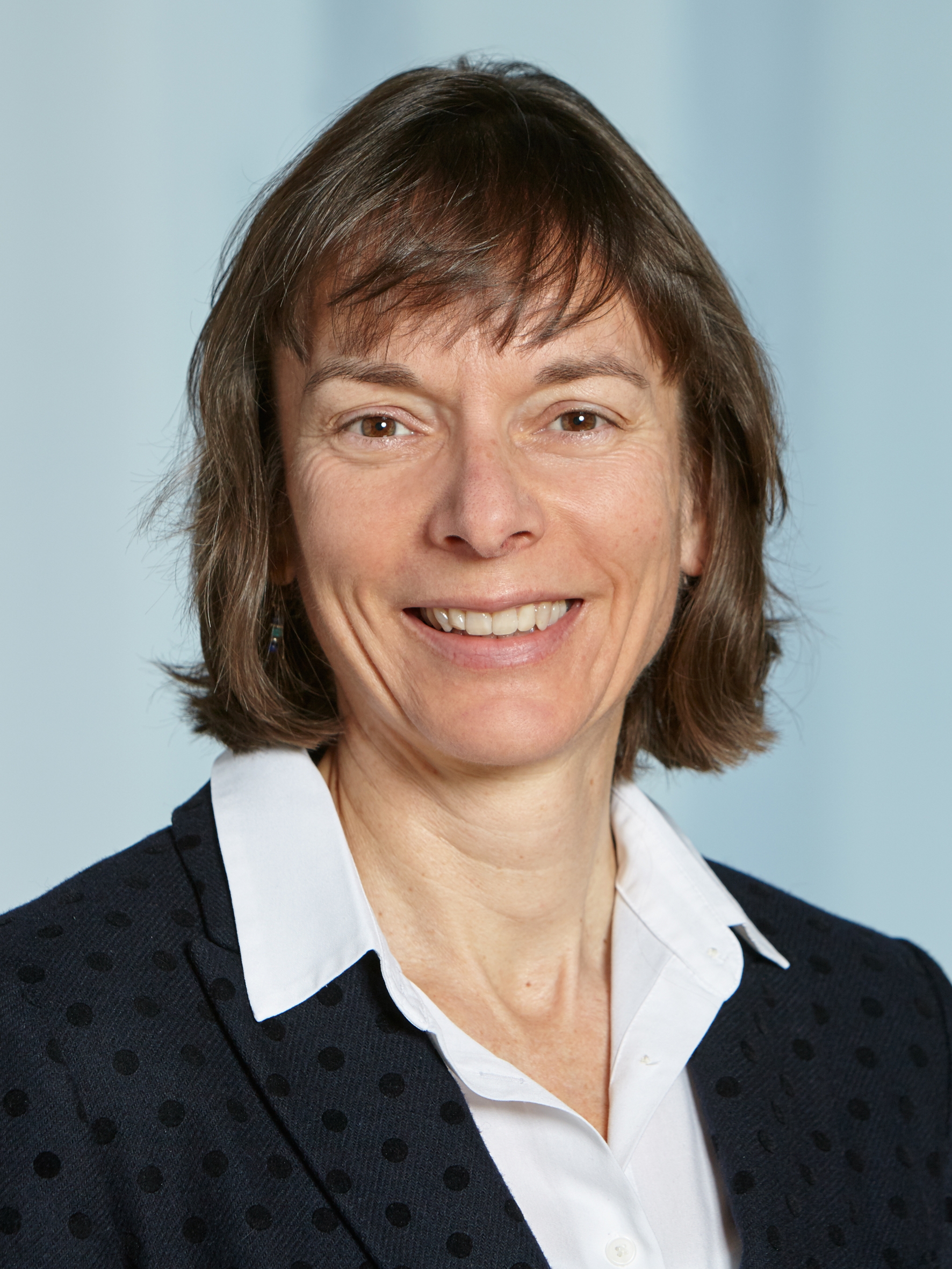
Nicola Spaldin, Professor of Materials Theory in the Department of Materials at ETH Zürich. Photo by ETH Zürich / Giulia Marthaler
Professor Margarita Chli
A specialist in computer vision, Professor Chli has worked at ETH Zürich since 2015 and is currently deputy head of the Institute for Robotics and Intelligent Systems and Swiss National Science Foundation (SNSF) professor in the Department of Mechanical and Process Engineering. Since completing her PhD at Imperial College, London (2010), she has worked on developing robots to aid search and rescue, researched technologies for autonomous personal air travel and helped build a swarm of micro helicopters to autonomously map disaster areas.
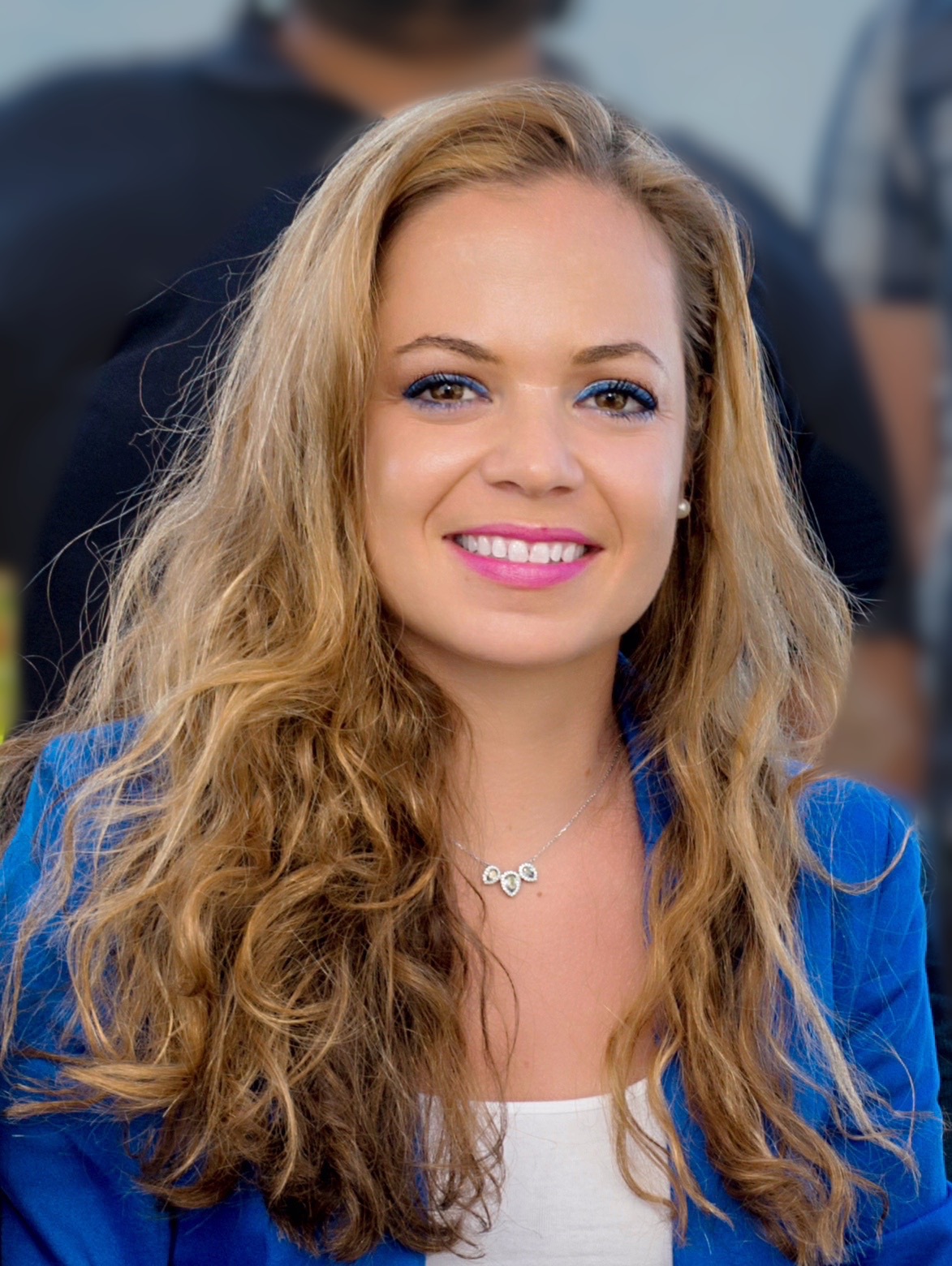
Professor Margarita Chli, Assistant Professor at ETH Zürich leading the Vision for Robotics Lab.
Professor Gabriela Hug
Deputy Head of Power Systems and High Voltage Lab in the Department of Information Technology and Electrical Engineering, Professor Hug has a longstanding connection with ETH Zürich, having completed her MSc there in 2004 and her PhD in 2008. She has also taught in the USA and Canada. Professor Hug is researching technologies for controlling and optimising the electrical grid to better integrate renewable energy generation, something that will be vital in a clean-energy future.
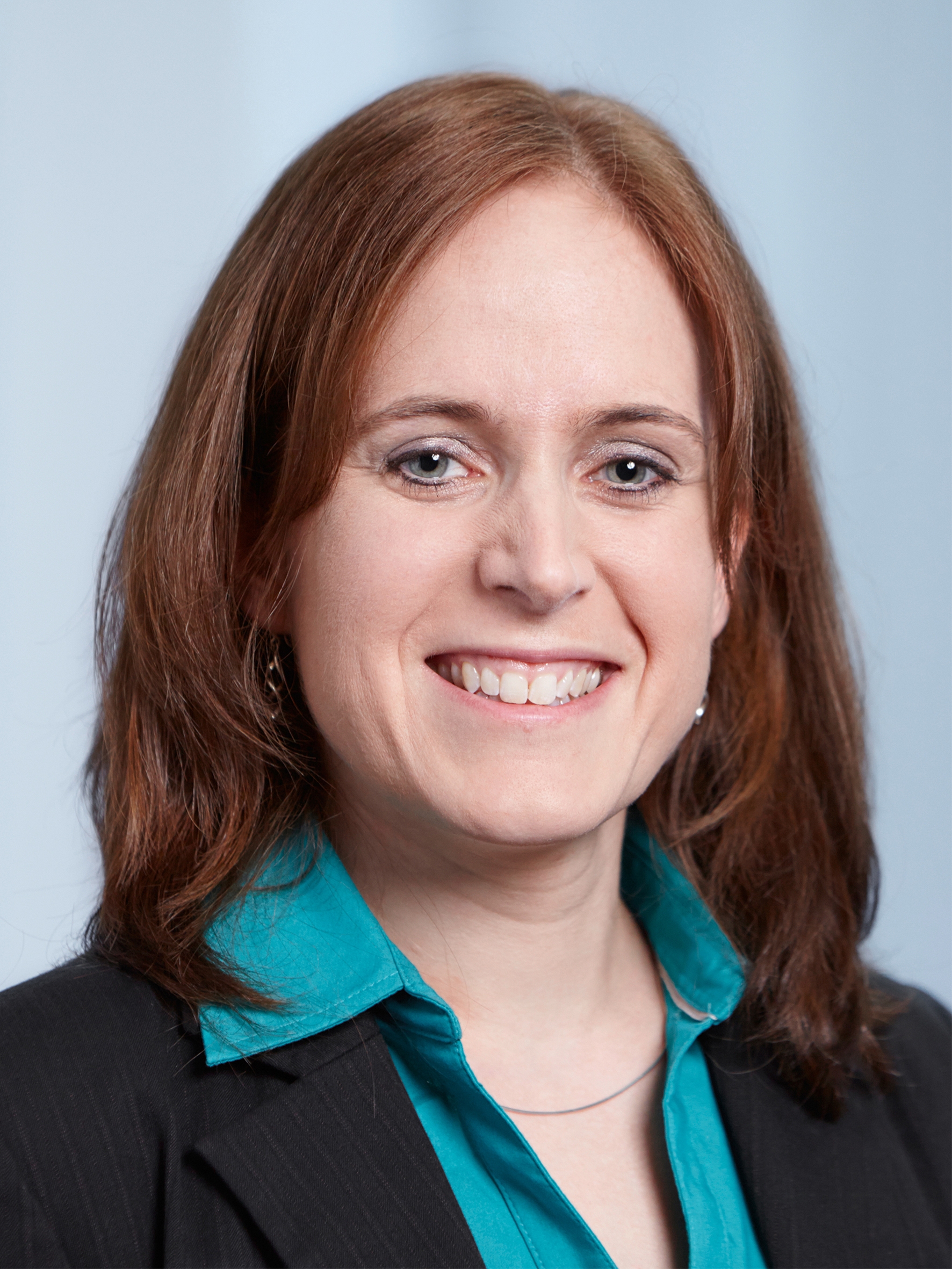
Professor Gabriela Hug, Associate Professor, Power Systems Laboratory, ETH Zürich. Photo by ETH Zürich / Giulia Marthaler
Professor Olga Fink
An expert in deep learning and intelligent fault detection, Professor Fink has been Professor of Intelligent Maintenance Systems at ETH Zürich since October 2018. Her PhD, from ETH Zürich, looked at 'Failure and Degradation Prediction by Artificial Neural Networks: Applications to Railway Systems' and she has experience working on railway systems with Stadler Bussnang AG and Pöyry Switzerland Ltd. Her research is focused on using AI to improve the safety of complex industrial assets, from railways to oil tanker fleets.
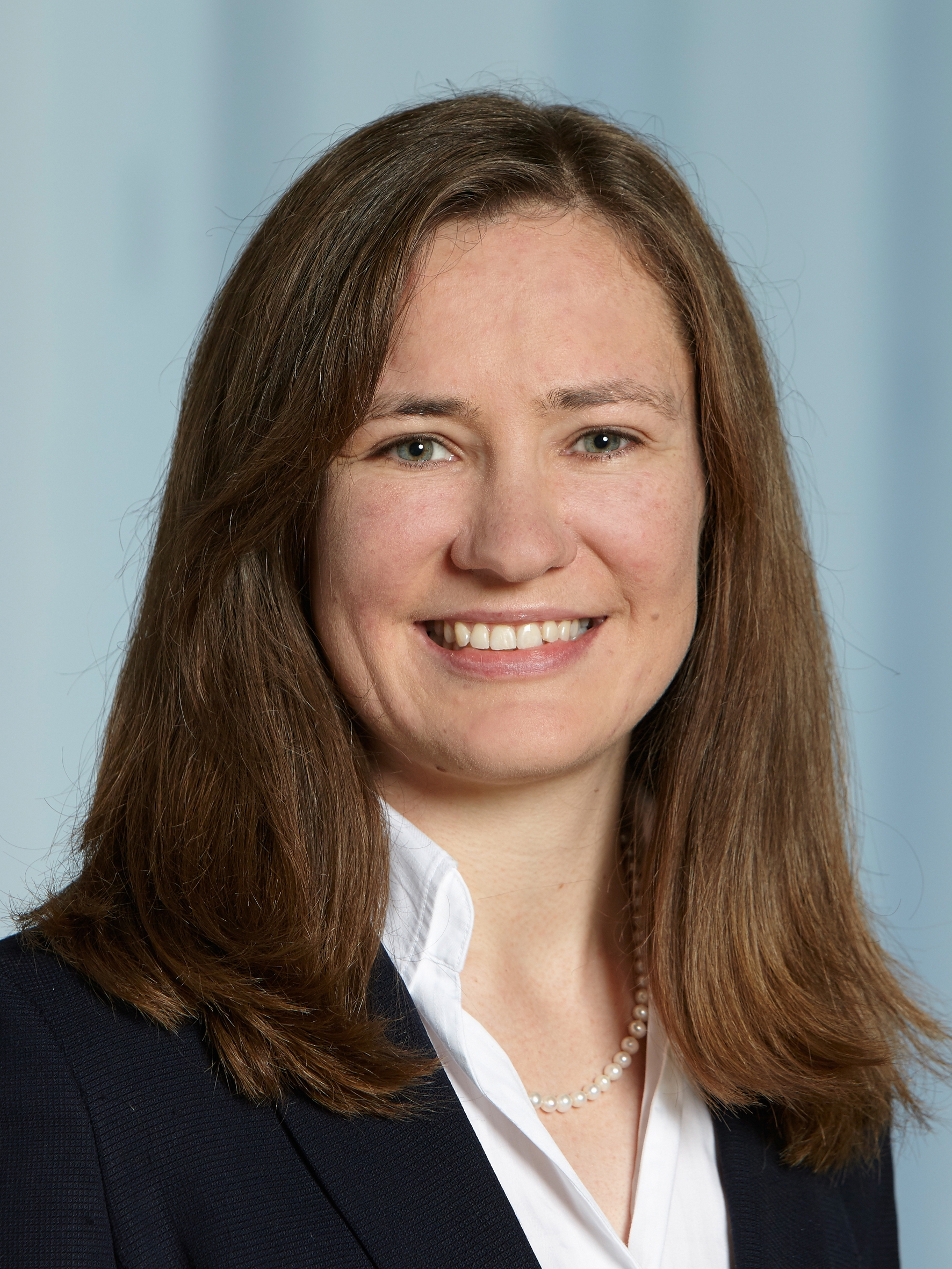
Professor Olga Fink, Professor of Intelligent Maintenance Systems at ETH Zürich. Photo by ETH Zürich / Giulia Marthaler
Professor Consuelo De Moraes
Professor De Moraes studies biocommunications - the communication between organisms, such as between insects and plants. The De Moraes group also oversees the ETH Zürich Entomological Museum, which hosts one of the most important insect collections in central Europe with over two million specimens. The winner of numerous awards, Professor De Moraes is also a fellow of the American Association for the Advancement of Science and the Entomological Society of America.
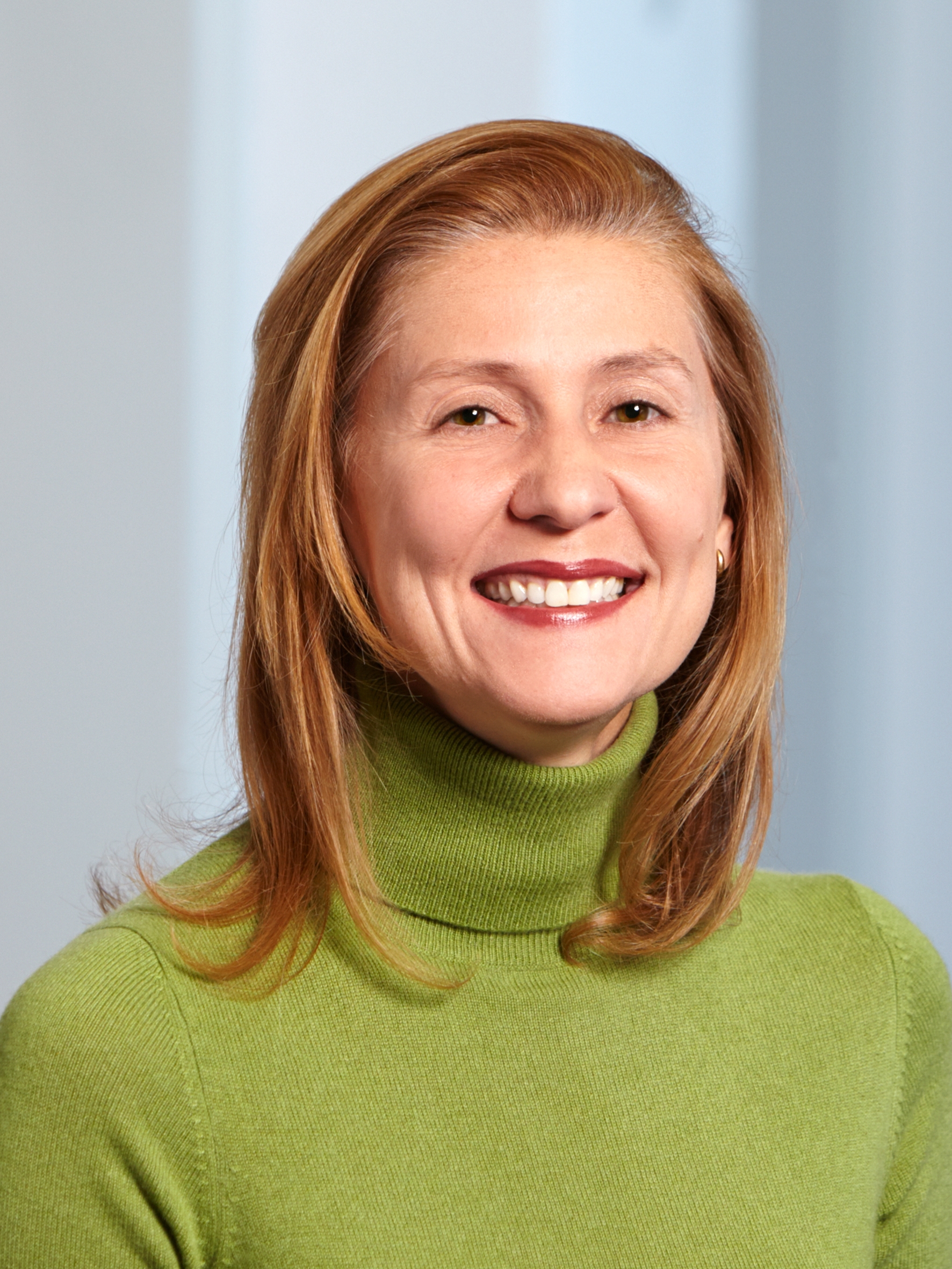
Professor Consuelo De Moraes, ETH Zürich Entomological Museum. Photo by ETH Zürich / Giulia Marthaler



